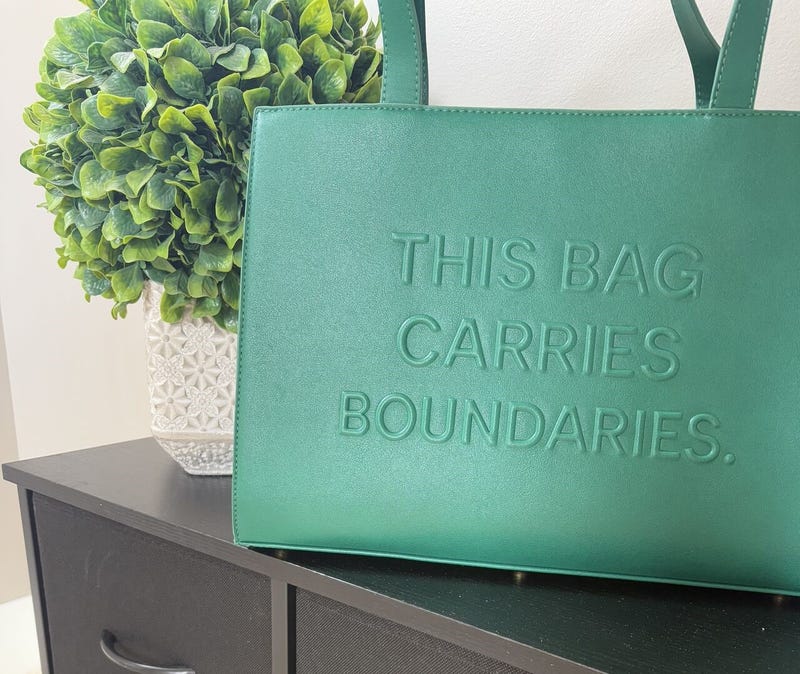
Adrianna Willis thinks there’s no time like the present to encourage people of color to consider the benefits of therapy.
“It’s okay to seek help and balance. I’ve been a low points in my life where I needed a therapist. We have to normalize this,” she said. “We only get one vessel and our mind controls our body. Therapy, along with prayer and community, will protect our peace.”
Willis is speaking out forcefully during July, recognized as BIPOC (Black, Indigenous, and People of Color) Mental Health Awareness month. But she has a year-round mission promoting mental health and mindfulness through her business, Mind the Crown.
Mind the Crown offers a line of self care products—including affirmation cards, adult coloring books, mugs, purses and candles with positive messages—as well as special events aimed at “restoring peace with fun and self-love.”
A professional who worked for a Fortune 250 company for 27 years, Willis pivoted from her corporate career to founding and working full time in her own small business. Mind the Crown is aimed at her fellow hard charging Black women.
“We carry a lot of people with our incomes. We hold a lot. I’ve known too many women diagnosed with cancer in their 40s. We as women have a hard time being softer and letting our guard down,” Willis said. “We need to rest and be in the moment — and we need help for that.”
Willis appreciates July being BIPOC Mental Health Month and hopes it will encourage smashing the stigma in the Black community about being open in discussing mental health. She believes that is a barrier to seeking help and guidance through therapy.
“In the Black community, people can be penalized or called crazy if they go to a therapist. And we don’t want to look like we don’t believe in God and don’t believe He can heal everything. I believe in God but I needed someone to talk to who was not in my family,” she explained.
BIPOC individuals, couples and families face unique challenges year round related to systemic racism, microaggressions and discrimination.
“The well-known, sobering mantra that ‘you have to be twice as good to get half as much’ unfortunately conveys that any less-than-ideal display of mental health proficiency could result in an unacceptable personal or communal set-back,” observed Lambers Fisher, a licensed marriage and family therapist, DEI trainer, and host of The Diversity Dude podcast.
Fisher is pleased that there is a specific month to “put a spotlight on an often unacknowledged or under acknowledged experiences in the BIPOC community.”
He thinks that the BIPOC Mental Health Month can get an important conversation started that can continue once July is over.
“We can use this time to invest in empowering and equipping the community with mental health maintenance skills in a way that they can be nurtured, maintained, and not just modeled but also taught to the next generation and the generations to come.
Adrianna Willis considers a handbag in her Mind the Crown collection to be a perfect accessory to mark the goals of BIPOC Mental Health Month. The stylish tote bag is embossed with the words “This Bag Carries Boundaries.”
“It resonates. I personally am a pleaser, but glancing at that message reminds me to stay true to my boundaries. Carrying that purse makes women feel more powerful,” she said. “We don’t always communicate or maintain our boundaries but when we do, it’s the greatest form of self care.”
